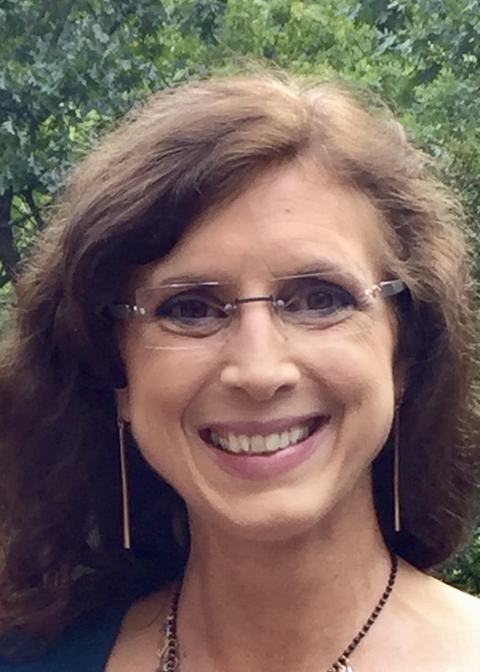Karen Sirum
Dr. Karen Sirum
Ph.D., Dartmouth Medical School
Office: 202 Life Sciences Building
Phone: 1-419-372-3877
Email: ksirum@bgsu.edu
Research:
Biological education research and development (BERD)

Research Interests:
As a Science Faculty member with an Education Specialty (SFES), my Biology Education Research and Development program centers around questions about how best to bring scientific thinking skills and scientific literacy to all students, not only science majors. To reach this goal there are four components to my research program:
1. Designing, adapting, and implementing scientific teaching and learning strategies, including active learning, for gateway Biological Sciences courses.
2. Designing and utilizing assessment strategies to measure the development of students' scientific thinking skills and students' sense of community in the college science classroom..
3. Establishing, developing, directing, and assessing the undergraduate Learning Assistant (LA) Program to understand how LAs promote student success.
4. Assessing the impact of environmental education programs on attendees attitudes and behaviors.
Selected Publications:
Ritzenthaler, C. & Sirum, K. L. (2024). Exploring the Influence of Social Circles on the Adoption of Pro-Environmental Behaviors. Journal of Ecopsychology, 4, 10, 1-4. https://joe.nationalwellbeingservice.com/volumes/volume-4-2024/volume-4-article-10/
Sirum, K., and Sloan, T. (2019) Student Success in Large Enrollment STEM Gateway Courses. The RC20/20 Project: A digital publication of the Reinvention Collaborative. https://www.rc-2020.org/sirumsloan
Pelaez, N.; Anderson, T.; Gardener, S.; Yin, Y.; Abraham, J.; Bartlett, E.; Gormally, C.; Hurney, C.; Long, T.; Newman, D.; Sirum, K. L.; Stevens, M., A community-building framework for collaborative research coordination across the education and biology research disciplines. CBE—Life Sciences Education 2018, 17 (2). https://www.lifescied.org/doi/10.1187/cbe.17-04-0060
Impact Publications:
Sirum, K., and J. Humburg (2011) The Experimental Design Ability Test (EDAT). Bioscene: Journal of College Biology Teaching 37(1), 8-16.
Sirum, K. and D. Madigan (2010) Assessing How Science Faculty Learning Communities Impact Student Learning. Biochem. and Mol. Bio. Education, 38: 193-202, featured extended article in “Bridging the Gap Between the Research and Teaching Cultures” section of the journal. 17 pages.
Sirum, K. 2012. Evidence-Based Teaching Strategies: Assessment of Student Learning in the College Science Classroom. Tested Studies for Laboratory Teaching, Volume 33 (K. McMahon, Editor). Proceedings of the 33rd Conference of the Association for Biology Laboratory Education (ABLE). http://www.ableweb.org/volumes/vol-33/v33reprint.php?ch=15
Sirum, K., Madigan, D. L., and D. Klionsky (2009) Enabling a Culture of Change: A Life Sciences Faculty Learning Community Promotes Scientific Teaching. Journal of College Science Teaching, Jan/Feb. 38: 24-30, Article featured on cover of journal.
Updated: 01/07/2025 03:09PM
